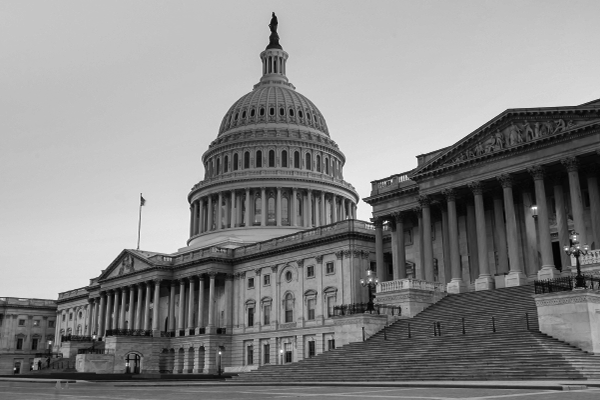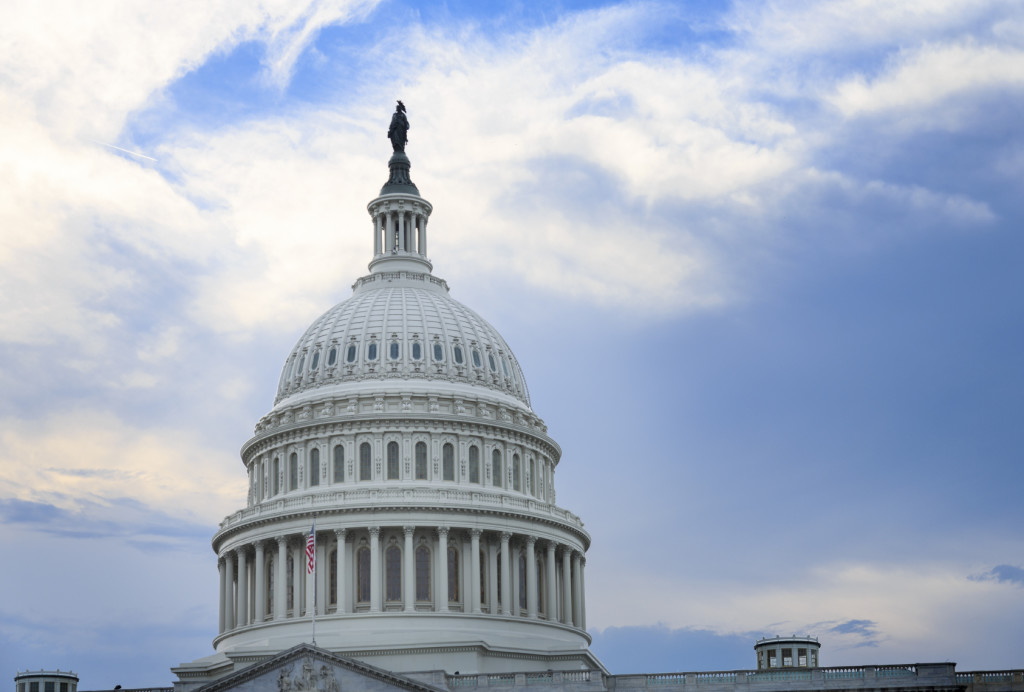Ethanol “Blending Wall” Leads to Gas Exports
A recent WSJ article explained how the ethanol mandate is leading to a “blend wall” that paradoxically leads U.S. refiners to export their gasoline, raising pump prices at home. This is just another fantastic example of government policies having unintended consequences.
Before looking at just how serious the problem is, let’s set the context by quoting from the WSJ piece:
This story dates to 2007 when the Bush Administration joined Democratic greens and corn-state Republicans to pass an energy bill mandating renewable fuel standards. The law required a 10% ethanol blend in all gasoline and established annual mandates for how much ethanol the oil and gas industry must purchase each year through 2022.
…
The problem is that Washington’s seers were wildly wrong about how much gas Americans would keep putting in their tanks. In 2007 annual gasoline consumption was about 140 billion gallons per year, with forecasts of rising demand. But the 2008-09 recession and better fuel economy have lowered consumption to an estimated 135 billion gallons.
Refiners are now crashing into what is called a “blend wall,” meaning the feds have forced them to purchase more ethanol than they can safely put in their gasoline. Refiners are reluctant to blend more than 10% ethanol into gasoline because consumers don’t want it, and because a higher blend can damage the engines of older cars, boats and electrical equipment. [Bold added.]
Thus we see the perils of top-down government intervention. By picking an absolute number of gallons of ethanol that must be blended into the gasoline mix, officials didn’t plan for the contingency of a sharp fall in total output due to the recession. Rather than admit their mistake and revise the mandate, the policymakers (as is their wont) dug in their heels and expect the private sector to sort it all out.
Paradoxically, one of the obvious and “rational” responses is for individual refiners to export their refined gasoline abroad. As the WSJ article explains, the ethanol mandates do not apply to exported product, and so this is a convenient loophole that allows refiners to survive amidst onerous federal regulations. Look at the tremendous surge in U.S. exports of finished motor products since the EIA data begin (in 2010):
As the chart illustrates, U.S. exports of gasoline have risen almost fourfold in under three years. Now part of the growth is no doubt due to the (sluggish) recovery of the world economy, but a large factor is also the ethanol mandate, which makes it more profitable for U.S. refiners to cater to foreign motorists, rather than American drivers.
When U.S. motorists are suffering from record-high gas prices for this time of year, it is particularly odious to have federal policies that encourage refiners to export gasoline to foreign markets. This is yet another unintended consequence of the ill-advised ethanol mandate.




